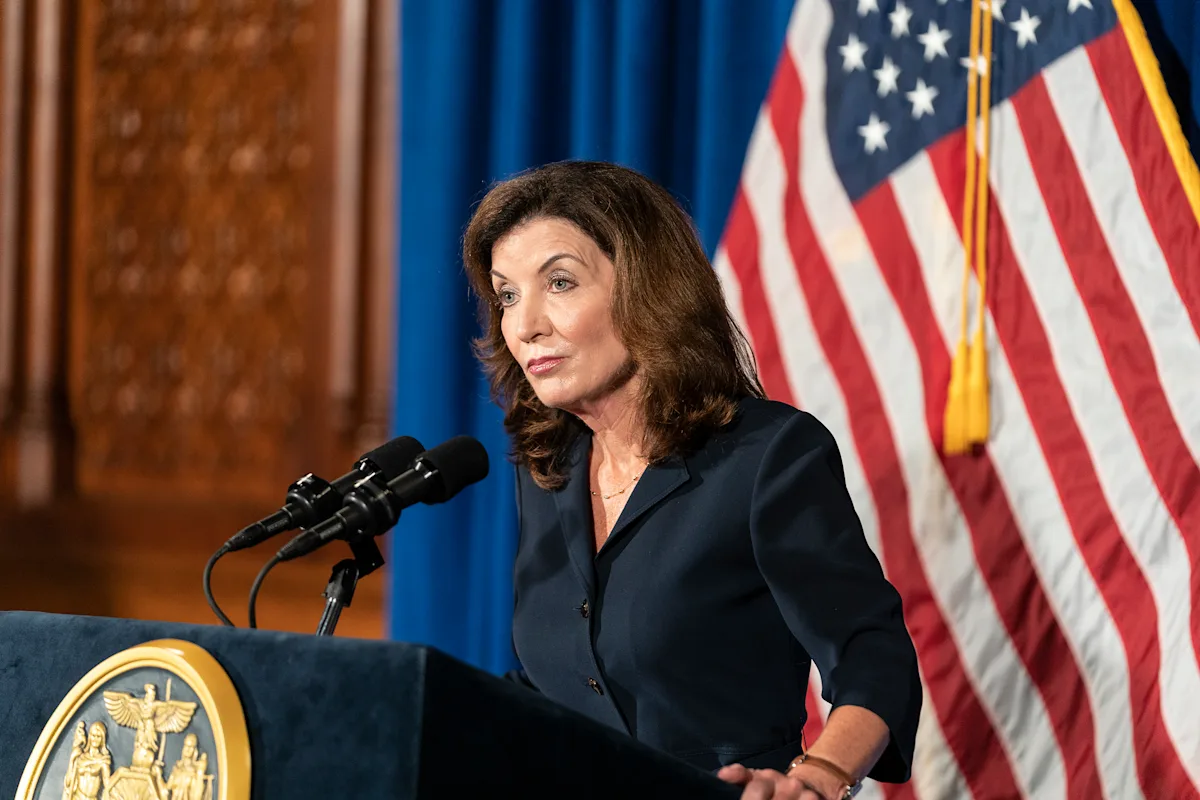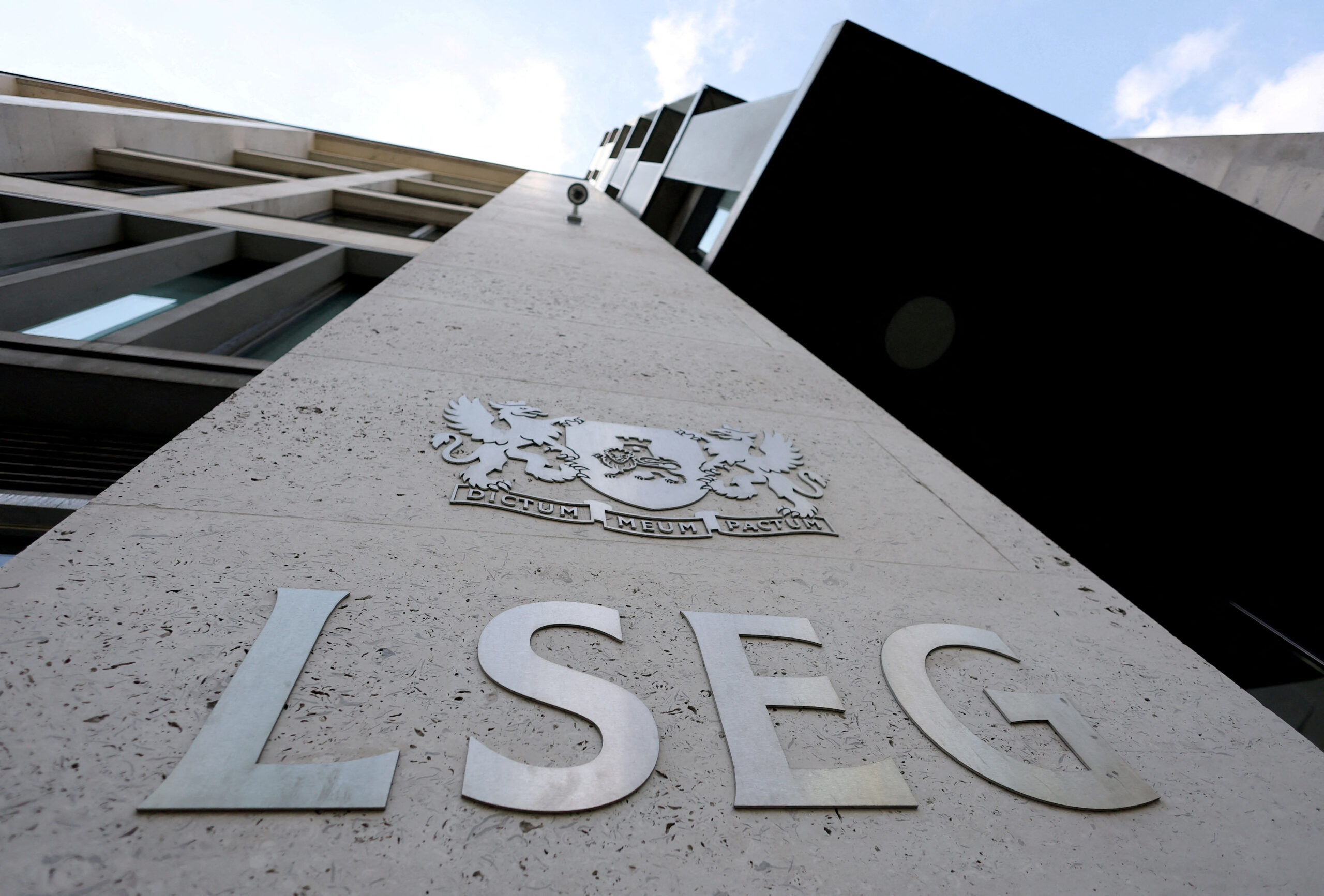New York Legislators Pass Law to Prevent Disasters Caused By Artificial Intelligence
Legislators in New York passed a bill that seeks to prevent frontier AI models from OpenAI, Google, and Anthropic from contributing to calamity scenarios, such as the death or injury of over 100 individuals or the accumulation of over $1 billion in damages.
Silicon Valley and the Trump administration have prioritized speed and innovation in recent years, resulting in a loss of ground for the AI safety movement.
However, the RAISE Act’s passage represents a victory for this movement.
Safety advocates, such as Nobel laureate Geoffrey Hinton and AI research pioneer Yoshua Bengio, have advocated for the RAISE Act.
The measure would establish the first set of legally mandated transparency standards for frontier AI laboratories in the United States if it were to become law.
California’s controversial AI safety measure, SB 1047, which was ultimately vetoed, shares some of the same provisions and objectives as the RAISE Act.
Nevertheless, New York State Senator Andrew Gounardes, the co-sponsor of the bill, stated in an interview with TechCrunch that he intentionally crafted the RAISE Act to prevent the suppression of innovation among academic researchers and entrepreneurs, a common criticism of SB 1047.
Senator Gounardes stated, “The time frame for installing guardrails is rapidly diminishing due to the rapid advancement of this technology.”
“The individuals who are most knowledgeable about AI have stated that these risks are exceedingly probable…” Wow, that is quite concerning.
The RAISE Act is currently en route to the desk of New York Governor Kathy Hochul, where she has the option to either approve the measure into law, return it for amendments, or veto it entirely.
New York’s AI safety measure, if enacted, would mandate that the world’s largest AI laboratories publish comprehensive safety and security reports on their frontier AI models.
The bill also mandates that AI laboratories report any safety incidents, including those related to AI model behavior or the theft of an AI model by malicious actors, in the event that they occur.
The RAISE Act authorizes the New York attorney general to impose civil penalties of up to $30 million on tech companies that do not meet these standards.
The RAISE Act is designed to provide a more precise level of regulation for the world’s largest corporations, regardless of their location.
This includes companies headquartered in California (such as Google and OpenAI) and China (such as Alibaba and DeepSeek).
The transparency requirements of the measure are applicable to companies that are providing access to AI models that were trained using over $100 million in computational resources, which is a higher amount than any AI model currently available.
Nathan Calvin, the vice president of State Affairs and general counsel at Encode, who collaborated on both SB 1047 and the RAISE Act, stated that the latter was intended to address criticisms of previous AI safety legislation, despite the fact that the two bills are somewhat similar.
The RAISE Act does not mandate that AI model developers include a “kill switch” in their models, nor does it hold corporations that post-train frontier AI models accountable for critical harms.
Nevertheless, Alex Bores, a New York state Assembly member and co-sponsor of the RAISE Act, stated to TechCrunch that Silicon Valley has substantially opposed New York’s AI safety measure.
Bores described the industry’s resistance as unsurprising; however, he maintained that the RAISE Act would not restrict the innovation of technology companies in any manner.
Anjney Midha, general partner at Andreessen Horowitz, stated in a Friday post on X, “The NY RAISE Act is yet another stupid, stupid state-level AI bill that will only harm the US at a time when our adversaries are racing ahead.”
Some of the most fervent opponents of SB 1047 were Andreessen Horowitz and startup incubator Y Combinator.
In a Friday post on X, co-founder Jack Clark stated that Anthropic, the AI lab that prioritizes safety and advocated for federal transparency standards for AI companies earlier this month, has not yet adopted an official stance on the bill.
Clark did, however, express some concerns regarding the RAISE Act’s expansive nature, stating that it could pose a danger to “smaller companies.”
Upon being questioned about Anthropic’s criticism, state Senator Gounardes informed TechCrunch that he believed it “misses the mark.”
He also mentioned that he intended the measure to not apply to small companies.
A request for comment from TechCrunch was not responded to by OpenAI, Google, or Meta.
Another prevalent criticism of the RAISE Act is that AI model developers would not provide their most sophisticated AI models in the state of New York.
This was a comparable criticism of SB 1047, and it is primarily the result of the strict technology regulations in Europe.
Assembly member Bores stated to TechCrunch that the RAISE Act’s regulatory burden is relatively light, and as a result, it should not necessitate that tech companies cease operating their products in New York.
Most companies would not consider withdrawing from New York carelessly, as the state boasts the third largest GDP in the United States.
Assembly member Bores expressed his conviction that there is no economic justification for [AI companies] to fail to make their models accessible in New York. He cautioned against underestimating the potential political infighting.
news via inbox
Get the latest updates delivered straight to your inbox. Subscribe now!




